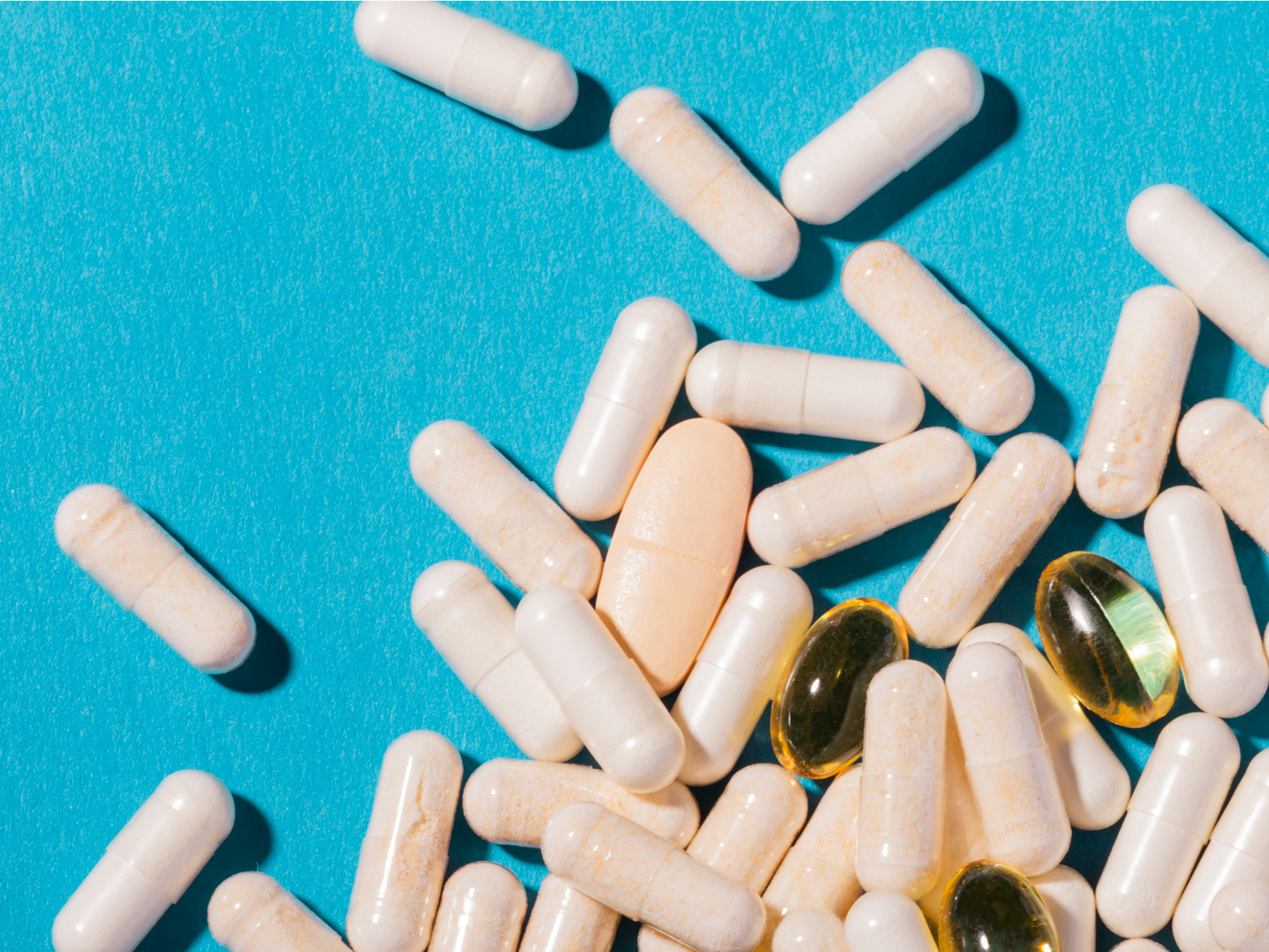
Hello,
Another Monday, another batch of vaccine results. This time: AstraZeneca and the University of Oxford shared that their coronavirus vaccine was 70% effective on average. That comes on the heels of Pfizer and its partner BioNTech and Moderna both sharing last week that their coronavirus vaccines were 95% and 94.5% effective, respectively.
Moncef Slaoui, the scientific head of Operation Warp Speed, is anticipating things will move quickly from here. He said on Sunday that he expects Americans will starting getting Pfizer’s vaccine as early as December 11, assuming regulators sign off on it.
People in the US could start getting Moderna’s vaccine about a week later, he said, assuming regulators green light that shot as well. Slaoui said he expects Moderna to file for emergency use authorization by the end of November.
Meanwhile — the experimental antibody drug that President Donald Trump took as part of his COVID-19 treatment has received emergency use authorization, a step that could make it more widely available as cases continue to surge.
Also today in healthcare news: The inside story of how the sprint for a coronavirus vaccine transformed Moderna, how coronavirus vaccine development compares to other vaccines in history, and Morgan Stanley predicts it'll take 4-9 months to vaccinate the majority of the US.

How the sprint for a coronavirus vaccine transformed Moderna into a $39 billion powerhouse that's poised to reshape biotech
- Moderna went from a hot biotech startup to one of the world's best-known companies, boosted most recently by its coronavirus-vaccine program.
- It says its shot is 94.5% effective at protecting people against COVID-19.
- While those results have yet to be published in a journal and regulators still need to review the data, the scientific feat outlines an exit plan from this pandemic.
- This is the inside story of how Moderna leveraged its speedy technology platform and ongoing research projects with the National Institutes of Health to develop an effective vaccine in record time.
- Now valued at $39 billion, the Massachusetts biotech is at the forefront of a revolution in vaccine research, driven by its promising technology.
Read the full story from Andrew Dunn here>>

Carol Smiljan/NurPhoto via Getty Images
How the coronavirus vaccine development compares to other shots in history
- Vaccine research and development has improved massively throughout history.
- Nearly 200 years passed between the creation of the first successful vaccine and the eventual eradication of smallpox.
- The influenza virus was isolated in a lab in 1933, and the first flu vaccine wasn't licensed until 1945.
- Coronavirus vaccine research began just a few months after the first case of COVID-19 was observed, and it has progressed at a rapid pace.
Check out the full graphic from Andrea Michelson here>>

Morgan Stanley predicts it will take 4 to 9 months to vaccinate the rest of the US after first responders and vulnerable people
- Two COVID-19 vaccines, one made by Moderna, another by Pfizer and BioNTech, announced promising results from their Phase 3 trials this week.
- Moderna announced that its vaccine was 94.5% effective on Monday, and Pfizer/BioNTech announced that their vaccine was 95% effective on Wednesday.
- Assuming that one or both of the vaccines receive emergency approval from the FDA, first responders and vulnerable populations will receive vaccines through March, a new analysis from Morgan Stanley predicts.
- After that, the rest of the US population will begin to be vaccinated, a process that Morgan Stanley predicts will take four to nine months.
Read the full story from Isabella Jibilian here>>
More stories we're reading:
- Prenatal testing is leading to fewer births of people with Down Syndrome (The Atlantic)
- How the pharma giant Pfizer teamed up with a little-known biotech to develop an effective coronavirus vaccine in record time (Business Insider)
- People who develop COVID-19 antibodies are unlikely to get the virus again for at least 6 months, a new Oxford University study of more than 12,000 people suggests (Business Insider)
- Dr. Anthony Fauci: Santa has innate coronavirus immunity, so he won't be spreading COVID-19 (USA Today)
Subscribe to our newsletter, and tell your friends and coworkers!
- Lydia
